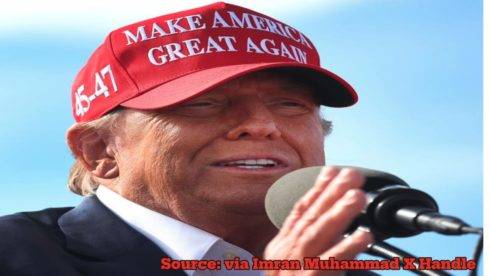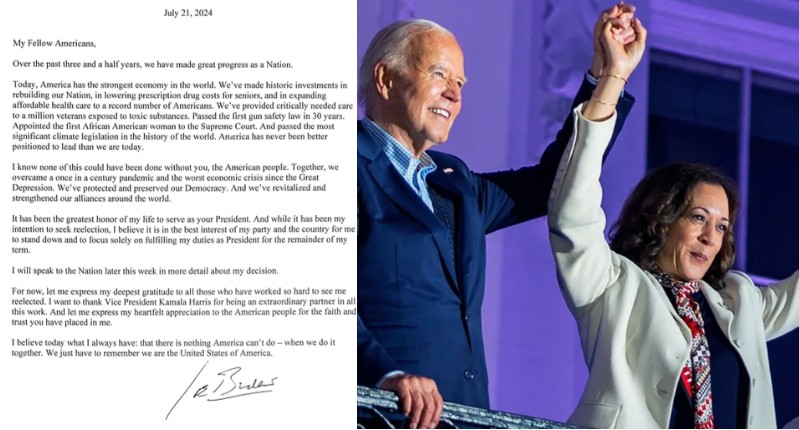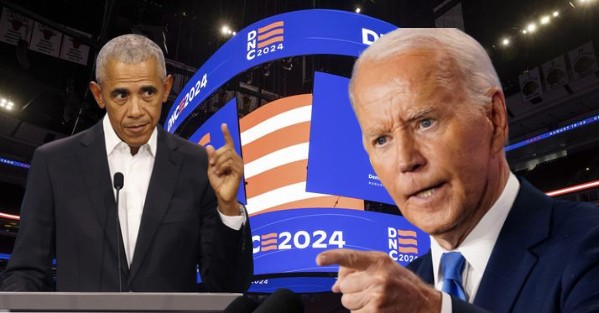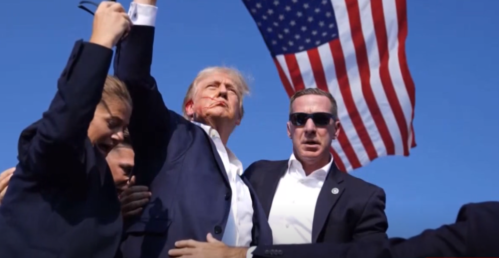In a political climate already rife with tension, Donald Trump’s foreboding proclamation of a possible “bloodbath” in the event of his electoral defeat reverberated profoundly. With its menacing undertones, this statement swiftly gained traction on various social media platforms, triggering widespread concern and apprehension among voters across the ideological spectrum. Trump’s subsequent efforts to elucidate his remarks only served to intensify the controversy, as he pointed fingers at the media and Democratic opponents for allegedly misconstruing his words, further deepening the divide and fueling distrust.
The dissemination of Donald Trump’s alarming rhetoric underscores the significance of responsible discourse in shaping public perceptions and fostering civic engagement. By leveraging loaded language that evokes images of violence, Trump inadvertently contributed to an atmosphere of heightened anxiety and polarization, amplifying the challenges of constructive dialogue and consensus-building. As stakeholders navigate the complexities of contemporary political communication, this episode serves as a poignant reminder of the power dynamics at play and the imperative of promoting transparency, clarity, and accountability in political discourse.
Donald Trump Failed Attempt at Damage Control
Amid escalating controversy, former President Donald Trump turned to his co-founded platform, Truth Social, in an effort to address the fallout stemming from his use of the term “bloodbath.” However, his response failed to quell mounting concerns regarding the implications of his rhetoric. Rather than offering clarity, Trump’s attempt to deflect blame onto others and reinterpret his words only exacerbated the unease surrounding his statements, heightening scrutiny of his messaging and its potential consequences.
Despite Donald Trump’s efforts to defend his language, his explanation on Truth Social did little to assuage criticism, leaving lingering doubts about the intention behind his choice of words. As scrutiny intensifies, the incident underscores the importance of transparent and responsible communication from public figures, highlighting the need for clarity and accountability in political discourse.
Donald Trump’s Speech Twisted Justification on Truth Social
In his latest appearance on Truth Social, former President Donald Trump reiterated his previous remarks, lambasting the media and Democrats for allegedly distorting his words. Despite his attempts to provide context by framing the statement within a discussion on trade policy, skepticism persisted among many observers. This incident underscores Trump’s habitual pattern of deflecting criticism and reshaping narratives to align with his political objectives, exacerbating existing concerns about his credibility and leadership.
Trump’s unwavering defense of his controversial statements on Truth Social underscores his commitment to challenging perceived adversaries in the media and political sphere. However, his failure to persuade a significant portion of the public further underscores the erosion of trust in his leadership. This episode serves as a microcosm of Trump’s approach to communication and governance, highlighting the polarization and skepticism that continue to characterize his post-presidential activities.
Donald Trump’s Erratic Speech Patterns
In the wake of Trump’s controversial “bloodbath” comment, scrutiny intensified over his often disjointed and erratic speech patterns. Detractors seized upon his propensity for rambling and veering off-topic, citing it as indicative of a lack of coherence and focus. This incident served to heighten existing doubts about Trump’s mental acuity and suitability for public office, especially given his penchant for courting controversy through incendiary rhetoric.
Critics highlighted Trump’s speech habits as a cause for concern, emphasizing the potential implications for his effectiveness as a leader. The incident not only reignited discussions about his communication style but also raised broader questions about his ability to navigate complex political issues. As Trump continued to provoke controversy with his inflammatory language, observers remained divided over whether his unorthodox approach was a liability or a strategic tool in shaping public discourse.
Sinister Undertones of Donald Trump’s Comments
In the aftermath of Trump’s “bloodbath” remark, despite efforts to diminish its significance, its ominous implications reverberated widely across the political spectrum. Trump’s track record of espousing conspiracy theories and fueling discord lent weight to the interpretation of his words as a thinly veiled allusion to potential violence in the face of electoral defeat. This interpretation stirred considerable unease among observers, intensifying concerns about the fragility of democratic norms and institutions in the United States.
The unsettling notion of a former president hinting at the possibility of civil unrest heightened anxieties already prevalent in a polarized political climate. Trump’s rhetoric, characterized by its combative nature, amplified existing tensions and underscored the precariousness of the democratic process. As the country grappled with the aftermath of his remarks, the broader implications for the integrity of elections and the peaceful transfer of power loomed large, prompting calls for vigilance and safeguarding democratic principles.
Donald Trump’s Words Lingering Uncertainty and Interpretation
Amidst the aftermath of Trump’s controversial remarks, speculation surrounding his underlying motives and the possible implications of his rhetoric remained prevalent. While certain individuals attempted to downplay his comments as mere political exaggeration, many perceived them as a concerning amplification of divisive language with tangible repercussions. As the nation confronted the aftermath of his words, the incident underscored the persistent polarization and volatility shaping the landscape of American politics.
In the aftermath of Trump’s contentious remarks, a lingering debate emerged regarding the sincerity behind his words and the potential ramifications they could entail. While some attempted to justify his statements within the context of political discourse, others interpreted them as a perilous escalation contributing to societal discord. As the nation grappled with the fallout from his remarks, the episode underscored the enduring divisions and instability that continue to characterize the fabric of American political discourse.
Table of Contents
Discover more from OGM News NG
Subscribe to get the latest posts sent to your email.














